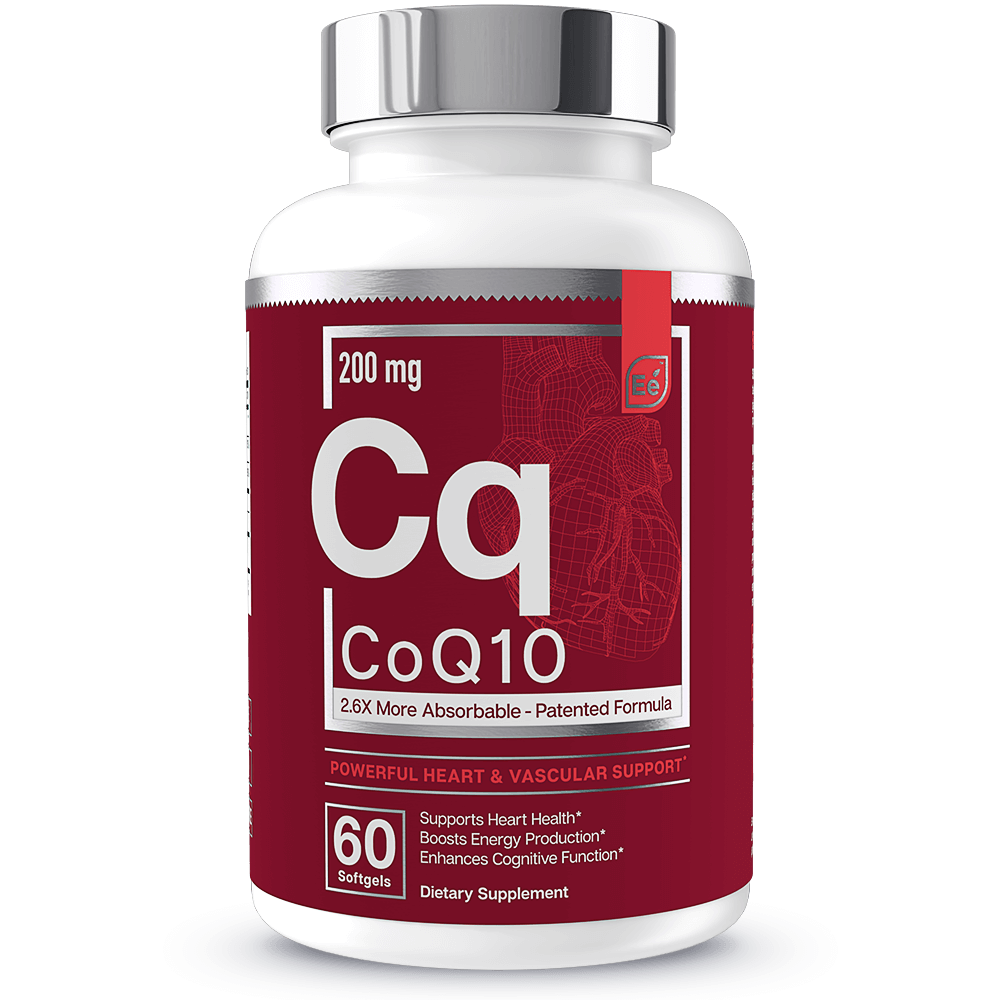Root of Autoimmune Diseases Discovered: What They Are & Treatment
7 minute read

We are largely unaware of autoimmune diseases, despite the fact that cases have considerably increased in recent years. Efforts continue to raise awareness of these multiple conditions in the hopes that people can learn to identify them earlier.
Many people suffering from autoimmune diseases have no idea because they develop so slowly. Increased awareness can help to educate people so that we have a chance of getting ahead of these diseases.
Fortunately, scientists have also been researching autoimmune responses, and they may have discovered the root cause for these numerous, varied diseases.
The Culprit Caught
With so much diversity, it has been a challenge to find effective treatments. Luckily, recent research may have discovered a link between all autoimmune diseases.
| Related: Autoimmunity Recovery Through Understanding Inflammation |
As recently published study in Science reported, the bacteria Enterococcus gallinarium was found to be linked to autoimmune reactions. While the bacteria normally lives in the gut, it can migrate without warning to other organs. This migration can trigger the onset of an autoimmune response.
The gut bacterium was found to cause inflammation and was involved in the production of antibodies that promote autoimmune responses.

The role this bacterium has in autoimmune diseases was confirmed when cultured liver cells of healthy people were compared to those of a patient with an autoimmune disorder. The culprit was caught red-handed as the cells of the latter group were found to have traces of E. gallinarium.
| Related: How Oral Hygiene Can Reduce Inflammation |
Science has long told us that the bacteria within our guts are good for us. They are essential to our survival because they help us to digest certain foods and extract vital nutrients and vitamins.
It is the gut bacteria that also educate your immune system in identifying harmful pathogens. Because they play such an important role in our immunity, it makes sense that they can also regulate an autoimmune reaction.
An imbalanced gut can allow conditions such as leaky gut syndrome to develop, which allows substances to pass through the gut wall. Once they are free in the body, they can be identified as foreign, and an immune system attack will be launched.
Widespread inflammation results, and this is a key factor in the development of autoimmune disorders. By maintaining gut health and balanced microbe communities, you are better protected from autoimmune conditions.
A Fighting Chance
Identifying the underlying root cause of inflammation and the associated autoimmune diseases allows antibiotics to be developed to reduce inflammation. Such medications or vaccines can help suppress the growth of the bacteria and help us get ahead of the disorders.
| Related: How Playing in Dirt Can Lower Inflammation Risk |
If we can control this triggering bacterium and maintain a healthy balance of our good gut bacteria, autoimmune diseases just may become a thing of the past.

Getting to Know Your Enemy
An autoimmune disease is a chronic inflammatory condition caused by an individual’s own immune system. Normally your cells can tell the difference between healthy cells and foreign ones, but in these cases they cannot, leading to an attack on the very body the immune system is meant to protect.
Each of the conditions that falls under the category of autoimmune disorder interferes with physical and cognitive functioning as well as emotional well-being. These conditions decrease quality of life for all who are diagnosed.
| Related: How to Make Anti-Inflammatory Beet Hummus |
There are several autoimmune disorders and each of them has varying triggers, processes, and impacts.
Type 1 Diabetes: The immune system attacks and destroys insulin-producing cells in the pancreas. High blood sugar levels can cause damage to blood vessels and organs, such as your heart, kidneys, and your nerves.
Rheumatoid Arthritis: The joints are attacked in this disease, causing redness, warmth, and stiffness.
Psoriasis: Skin cells grow too quickly and are not shed fast enough, so they build up and form scales and patches on the skin. Once the swelling spreads to your joints, you develop psoriatic arthritis which is an extremely painful condition.
Multiple Sclerosis: This disease damages the myelin sheath which is the protective coating around nerve cells. Once damaged, the cells are not able to effectively transmit messages through the body. The disease progresses at different rates but within fifteen years, most people need help walking.

Lupus: Originally this was thought to just be a simple skin disease, but in reality, it affects your joints, kidneys, brain, and heart.
Inflammatory Bowel Disease: This is a set of conditions that cause inflammation in the lining of your intestines. These conditions can include Crohn’s disease, where any part of the gastrointestinal tract can become inflamed and ulcerative colitis, which only affects the large intestine.
Addison’s Disease: Your adrenal glands are affected, which impacts production of the hormones cortisol and aldosterone. Both hormones affect how your body stores carbohydrates.
Grave’s Disease: This attacks your thyroid gland, causing it to produce too many hormones. Your energy usage as well as metabolism are negatively impacted.
Celiac Disease: Gluten, a protein found in wheat products, causes an allergic reaction in the intestine and widespread inflammation.
Myasthenia Gravis: This condition affects the nerves that help your brain control muscles. Once these become impaired, it becomes difficult for signals to be directed, and muscle movement becomes impaired. You may even experience trouble with swallowing, which can greatly impact your diet and lifestyle.
Pernicious Anemia: This involves a protein called intrinsic factor that helps your intestines to absorb vitamin B-12. Without this vitamin, your body struggles to make the necessary amount of red blood cells.

The Bottom Line
These diseases negatively impact physical and emotional well-being, and these small microbes hold the key. With further research, scientists hope to develop new and better treatment options to prevent and cure these dangerous autoimmune responses.
The variety of autoimmune diseases may seem daunting, but knowing the culprit that lies of the epicenter of all the destruction allows us to take charge. It no longer matters how different the symptoms are or what organs are affected.
We treat the problem at its source, and autoimmunity becomes manageable and no longer controls our lives.
READ NEXT >>> Turmeric: The Natural Anti-Inflammatory
At 1MD, our mission is to help people make smarter health choices and lead healthier lifestyles by creating industry-leading products and cutting-edge health content. Take advantage of our medically researched supplements for boosting your health by visiting our online store for a complete list of our 100% natural products. We offer family and bulk purchase discounts as well as monthly subscription options for maximum savings.























 Health Guides
Health Guides
 Latest Research
Latest Research


